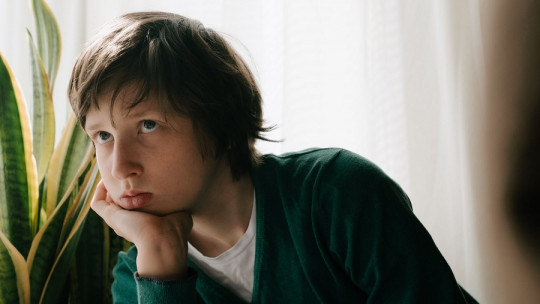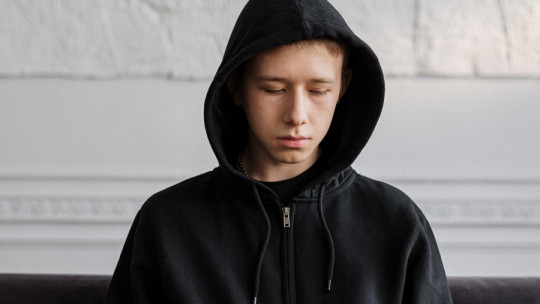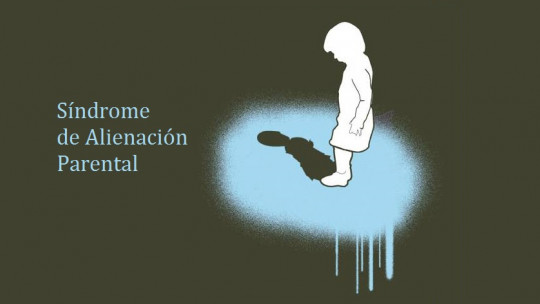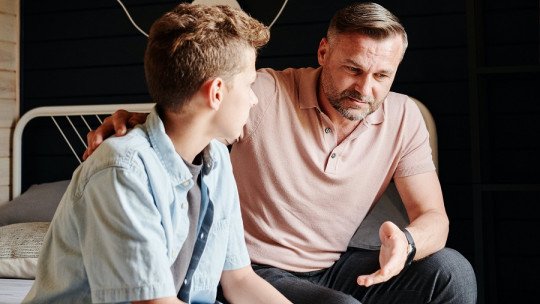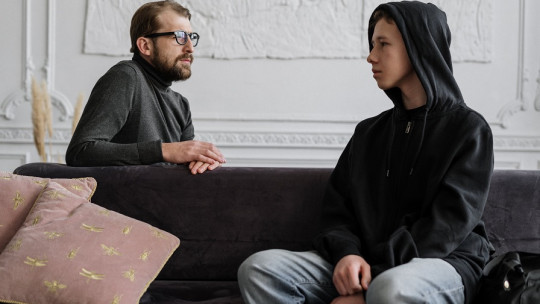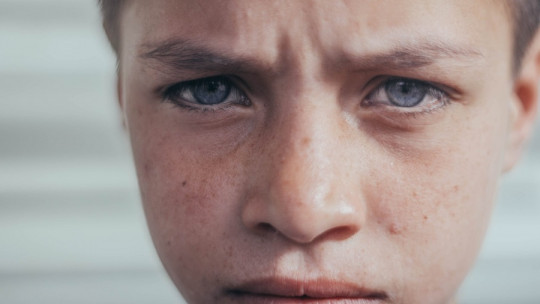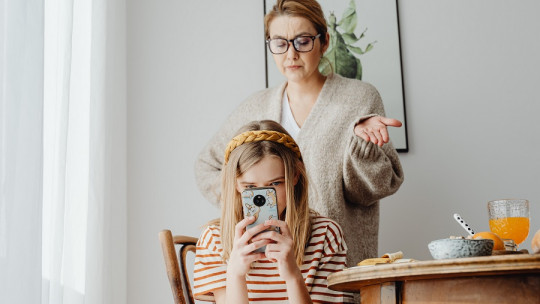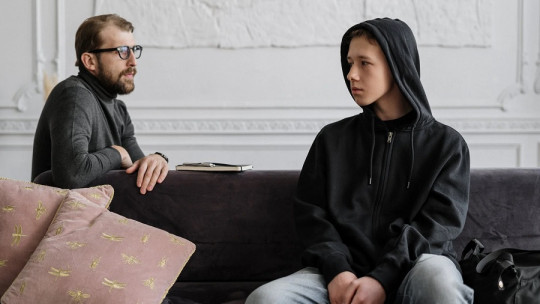
Separation is almost always an emotionally painful experience for people who end a relationship, although there are always exceptions and it may be seen as a liberation after a period of discomfort and mutual annoyance that in certain cases is celebrated even by both parties.
However, cases in which the separation does not negatively impact the emotional state of the young children, if any, are even less common. It almost always happens that children and adolescents who see their parents separate suffer quite a bit psychologically for weeks and even several months. And if this experience is not well managed by the elderly, it can even lead to trauma in the little ones.
Therefore, here we will review several tips to know how to help your son or daughter cope with the separation of their parents
What to do to help a child cope with their parents’ separation or divorce?
Although each person is a mute, there are some guidelines to follow that adults who separate should take into account as general recommendations to help their young children manage that situation. Let’s see a summary of them.
1. Make an agreement with your ex-partner in everything you can regarding parenting
To the extent possible, and as long as the separation has not occurred in a context of abuse, agree as soon as possible about the way in which visits to each of the parents will occur, the logistics of this process, and the parenting tasks that each one will carry out.
The well-being of the child cannot have less priority than the rest of the issues linked to the breakup or divorce and therefore, it is important to give him stability as soon as possible and not subject his upbringing to ups and downs, unilateral decisions (we insist: in case there is no abusive party) or sudden changes of opinion.
2. Avoid exposing yourself to intense discussions
There are those who believe that it is good for children to see the fights that can arise between parents because they are a reflection of real life and supposedly that helps children learn as soon as possible the good and bad aspects of personal relationships.
However, this belief, which is highly debatable (among other things due to the wide margin it leaves for making blunders depending on the intensity and nature of those discussions), is especially erroneous in the case of a divorce or separation situation.
Remember that Those kinds of specific experiences with a strong emotional and symbolic charge are those that the child will associate with the experience of separation from parents so those images and feelings will come to mind every time you remember that breakup.

3. Make it clear that you are not to blame for anything
If the child internalizes the idea that all the emotionally painful experiences linked to the separation are his or her fault, this will significantly damage his or her mental health and increase the risk of developing trauma that is difficult to overcome. Therefore, offer her an explanation about what happened that is adapted to her ability to understand given her age and in which, above all, it is clear that the separation is not her fault.
And of course, it is important not to include in the explanation information that leads you to think that stress or physical and/or psychological wear and tear has deteriorated the quality of the relationship between the parents, since in cases like this, the most common thing is that this be interpreted in the most pessimistic way possible by children and adolescents; At these early ages they do not yet have the capacity of an adult to appreciate nuances and complexities in cause-effect mechanisms and furthermore, they frequently confuse the concept of guilt with that of responsibility and with the objective causes of an unpleasant experience.
4. Explain to him as soon as possible how the moments with his parents will be planned
Following the line of the first advice, to avoid going through a period of uncertainty that is too long, do everything possible to make it clear to him, as quickly as possible, the way in which, from this phase of parental breakup, he will be able to spend time with each one of them (as long as no abuse dynamics have occurred and therefore you must stay away from those who may harm your physical or mental health).
5. If the situation overwhelms you, seek psychological assistance from professionals.
If the challenge of raising your son or daughter overwhelms you in a context of separation or divorce that is difficult to manage, Seek psychological assistance, either in the form of parenting counseling, or through a therapy process
And if you detect worrying symptoms in your son or daughter and it seems that the situation is damaging their mental health, it is important that you turn to child and adolescent therapy services as soon as possible. In the first years of life we are especially vulnerable to potentially problematic experiences, and if professional help is not available, these can leave an emotional mark on the little ones capable of lasting for a long time and generating problems for years or decades. seen if not treated in therapy.
Of course, remember that psychologists provide support and training plans and “emotional training” in everything related to raising children (if they specialize in children and adolescents), managing feelings and dysfunctional thoughts, and patterns of behavior that constitute useful or harmful routines or habits. If the support you are looking for has to do with the legal system, go to a lawyer
- You may be interested: “The 10 benefits of going to psychological therapy”
Are you looking for the services of a team of psychologists?
If you are interested in having professional psychological support, contact us.
In Cribecca Psychology We serve people of all ages, offering individual patient psychotherapy, family therapy and couples therapy, as well as neuropsychology services. You will find our psychology center in Seville, or instead of opting for in-person sessions, we can also hold online sessions by video call.

